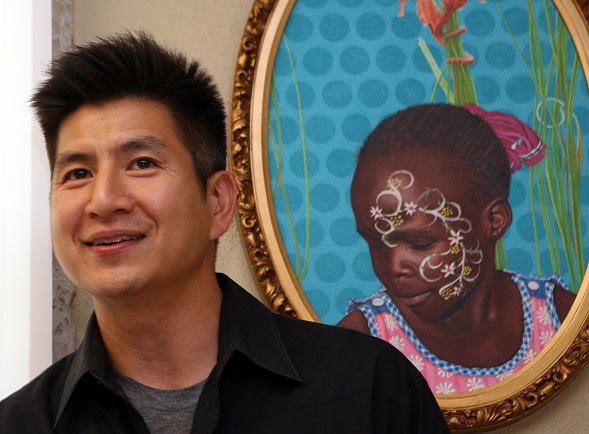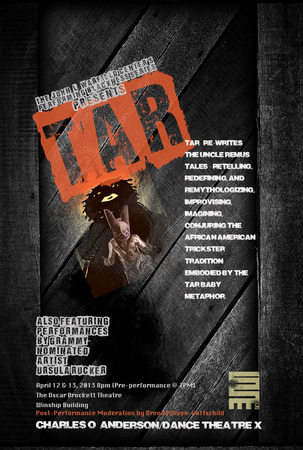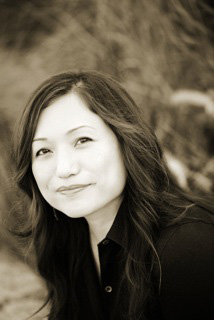Today we are thrilled to feature an interview with affiliate faculty member Dr. Eric Tang, Assistant Professor in African and African Diaspora Studies and the Center for Asian American Studies and Associate Director of the UT Community Engagement Center.
1. What has been your favorite project to work on and why?
I’m not sure that I have a favorite project. I have different projects that each offer moments of profound reward. I guess, then, I have favorite moments. And those moments are when the exceptions prove the rule: when seemingly unlikely racial alliances explain a community’s resilience; when what seems like social disorganization and disjuncture is in fact the generative force of political movements; when what is misunderstood as hopelessness, despair and ambivalence among oppressed peoples is rather an expression of a profound political critique.
My work looks at the poetics of displacement–from third world refugees to the African American communities throughout Austin. Why poetics? Because the violence of displacement necessarily produces among the displaced a specific way of knowing the world–a theory and a form. Some scholars refer to this as a methodology of the oppressed. My goal as a scholar is to ensure that contemporary society does not squander their vision/theory/method.
3. What projects, people, and/or things have inspired your work?
Far too many to name. Historian Robin Kelley was my dissertation chair and my mentor since undergrad days, so his influence is evident in my work. But it depends on what I’m working on. If it’s the question of justice and its limits, then I’ll be reading Sadiya Hartman. If it’s New Orleans we’re talking about, then it’s the dearly departed Clyde Woods. If it’s 1980s New York City, then I am turning straight to the lyrics of Public Enemy. If I’m focusing on Austin’s genteel apartheid, then it’s the generation of black residents I’ve recently interviewed who recall the city’s unmistakable history of Jim Crow (alive and well today, they insist).






